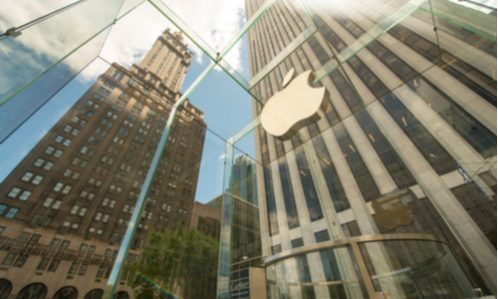By Sven Voelcker & Daniel Baker (Latham & Watkins LLP)
Apple’s App Store has been a boon to app developers in Europe and throughout the world. The App Store offers a highly attractive sales and distribution channel allowing even the smallest start-up instant access to hundreds of millions of iOS users.
Nevertheless, various criticisms have been leveled against Apple’s App Store practices under European Union competition rules. We find that Apple has no case to answer. Apple is not dominant on any appropriately defined market, as developers have numerous other options for acquiring customers and distributing digital content, including other mobile app stores, as well as other channels to reach the users of Apple iOS devices (i.e., iPhones and iPads). Nor do we see any indication that the way Apple monetizes the App Store – i.e., the charging of a commission on developer sales of digital content to iOS users through the App Store – or the rules and policies that underpin this business model, could be characterized as exploitative, exclusionary or discriminatory abuses under Article 102 TFEU. Similarly, we see no evidence that Apple’s non-price-related practices, such as the privacy settings on iOS devices, Apple’s app review process, or the App Store search algorithm raise competition concerns. Apple’s commission and associated policies appear in line with numerous benchmarks, leave ample means for distribution through other channels, do not appear to correspond to any anti-competitive motive, and are readily explicable based on a legitimate desire to protect user privacy, obtain a reasonable return on Apple’s extensive investments in the App Store, and maximize the success of the iOS platform and ecosystem as a whole.

